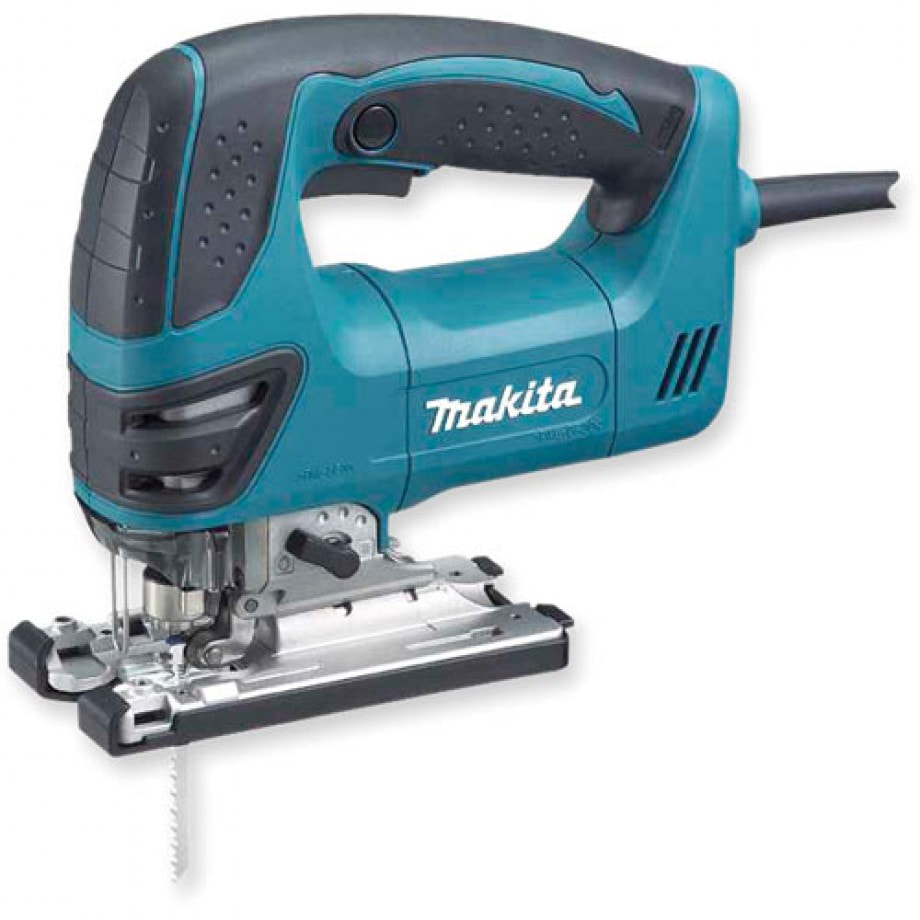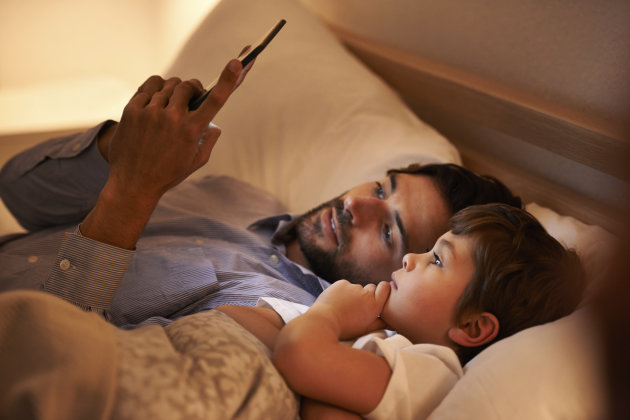One thing is indisputably clear — kids learn from media, and the fact that they now have 24/7 access to screens nearly anywhere and everywhere means they're learning more than ever. So "what" they're watching — content — matters. - Diana Graber A journey back in time...
In 1975 my mom was a busy single mom of three girls. In the late 70s I spent a great deal of time in a Jolly Jumper or in a play pen with classic Sesame Street relentlessly playing in the background. In the 80s my mother banned all media in my home but though I was only 5, I still remember those early lessons of numeracy and literacy and can sing all the songs from those moments gleaned from TV over any lesson I learned with a teacher in the years following.
Media sticks in our brains.
In 1980, my mother remarried a man who was somewhat of a renaissance man, a preacher, high school Chemistry teacher and carpenter. As such we gained access to a lot of new devices.
No joke, we had tools that could literally cut our arms off. But my dad took the time to teach us how to measure, chalk up a line, cut wood, build and create little things. Slowly, my dad trusted us, released responsibility and we started to collaborate as a team, my two brothers and my sister to make larger structures. When I was 8, I made my first tree house with my siblings, independently in the forest. It was amazing, and I was proud.
Fast forward to now.
We know the world is changing. Kids often don't have free-range opportunities that they did when we were young. As a Makerspace and Design thinking coordinator at a large international school, I often encountered children who didn't know how to use a hammer, had no idea how to sew a button, didn't understand how to use a broom. The skill sets of kids have changed, simply due to the change in access, and cultural paradigm shifts. We can spend time lamenting the shift or realize, it happens, get over it, and move forward. Rather than lament the past, what can we do to find a healthy balance?
What about the future?
As teachers we are tasked with exposing students to the 21st century skills experts predict students will need in a dynamic future. Although one could choose whatever set of 21st century skills that exist, in this case we will use Tony Wagner’s 7 Survival Skills of the 21st Century. We work with students using contemporary pedagogies and new tools to develop:
So what does that mean for parents in partnership with schools?
A million different studies are going to tell you a million different things, screen time is terrible! Screen time is fine! Screen time is a myth! Screen time will lead to addiction and depression! All of those could probably be true, because just like a miter saw, its all in how you use the tool.
The reality is you are going to be on a long road trip, or taking a shower, or grocery shopping and just like my mom in the 70s, you are going to need something for a child to use- just so you don't go crazy. Not only that, but as teachers and parents we want our children to have the greatest advantages in life, and having access to technology will prepare them for the unknown future. Sesame street was the best my mom had- but now we have apps created by educators to help tiny brains develop and be exposed to those early skills Tony Wagner says are inherent to our future survival.
However, just like those tools that could have literally cut my arm off, we need to teach our children how to use the tool, respect it as a creative force that can be potentially dangerous. We gradually release them into that digital world and have done our best to help them not cut off their figurative arms.
Some little tips
My current favs, a lists of apps for young learners...
But there are millions more...Looking for the slide deck for this session?
|
Author:
|





 RSS Feed
RSS Feed
